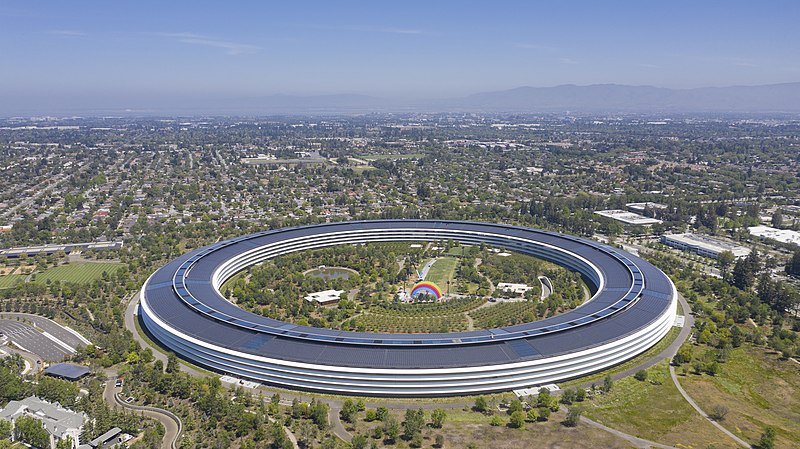Apple (AAPL) has introduced a new, larger version of its mid-priced iPad Air at a virtual event on Tuesday, offering a 13-inch model priced at $800 alongside the existing 11-inch variant priced at $600. Both models feature Apple's M2 chip, first launched in the company's MacBook lineup in 2022. The product launch, which coincides with Apple's annual iPad refresh in May, is aimed at appealing to education customers making purchasing decisions for the upcoming academic year. However, it also positions the iPad Air for creative and business professionals seeking versatile, powerful devices.
While Apple has focused on enhancing its professional iPad lineup, particularly the iPad Pro models, analysts expect further upgrades that leverage AI features during Apple's upcoming developer conference in June. For now, many of the AI features, such as automatic zooming during video calls or altering eye direction to simulate direct camera contact, are subtle and may not immediately drive a wave of upgrades. "Is it really enough for people to look into it and buy them? Probably not," said Mikako Kitagawa, an analyst at Gartner.
Market Overview:
-Apple unveils new, larger iPad Air models with the M2 chip, but analysts are looking for a bolder push into AI.
Key Points:
-The new iPads cater to the education market and offer a larger screen size for the mid-priced tier.
-While featuring a more recent chip, the upgrade focuses on processing power rather than AI capabilities.
-Apple lags behind competitors in integrating AI across its products, raising investor concerns.
Looking Ahead:
-Apple's annual developer conference next month is a potential venue for unveiling significant AI advancements.
-Upgraded iPads could be a strategic move to introduce new chips before a broader AI strategy reveal.
-Balancing user privacy with on-device processing remains a crucial challenge for Apple's AI integration.
Meanwhile, Apple's competitors, Microsoft (MSFT) and Alphabet's Google (GOOG), have fully embraced AI, launching chatbots that serve as virtual assistants for writing emails or generating lines of code. Despite this momentum, Apple's stock has fallen 6% year to date, as the company contends with weakening iPhone demand, intense competition in China, and investor uncertainty over Apple's AI strategy. CEO Tim Cook remains optimistic about Apple's opportunity in generative AI, hinting at more announcements later this year.
Carolina Milanesi, an analyst with Creative Strategies, sees Apple's upgraded iPads as a strategic move to introduce new chips ahead of its developer conference next month, where the company is expected to reveal more about its AI plans. These could include automating common tasks to enhance user experience or enabling Siri to delve deeper into apps. The challenge for Apple remains how to enhance AI features while processing most information on the device itself to ensure user privacy.




